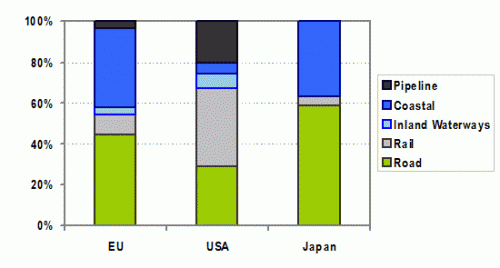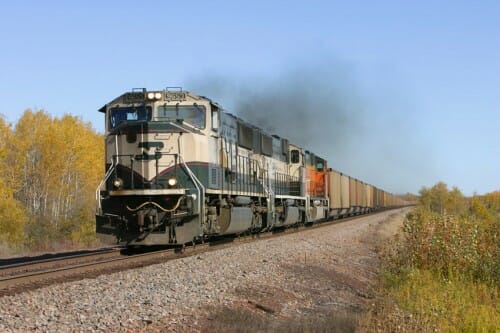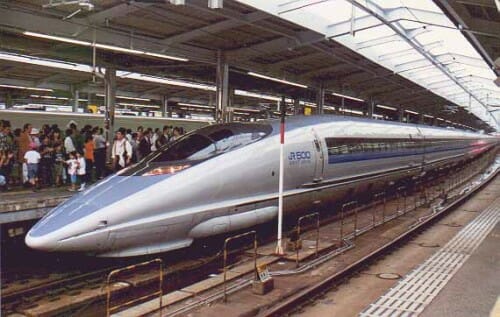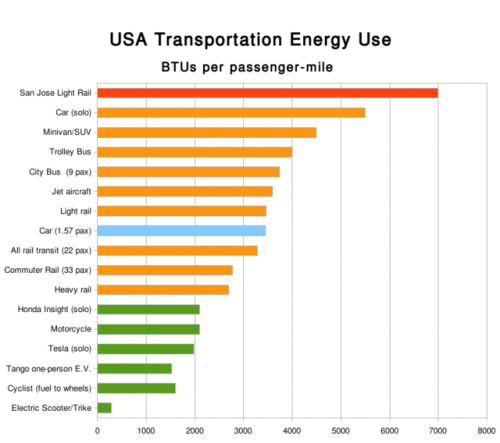Everything Looks Like a Nail When You Have A Hammer
Kevin Drum quotes Hugo Dixon on the Greek recovery:
Greece is undergoing an astonishing financial rebound. Two years ago, the country looked like it was set for a messy default and exit from the euro. Now it is on the verge of returning to the bond market with the issue of 2 billion euros of five-year paper.
There are still political risks, and the real economy is only now starting to turn. But the financial recovery is impressive. The 10-year bond yield, which hit 30 percent after the debt restructuring of two years ago, is now 6.2 percent....The changed mood in the markets is mainly down to external factors: the European Central Bank’s promise to “do whatever it takes” to save the euro two years ago; and the more recent end of investors’ love affair with emerging markets, meaning the liquidity sloshing around the global economy has been hunting for bargains in other places such as Greece.
That said, the centre-right government of Antonis Samaras has surprised observers at home and abroad by its ability to continue with the fiscal and structural reforms started by his predecessors. The most important successes have been reform of the labour market, which has restored Greece’s competiveness, and the achievement last year of a “primary” budgetary surplus before interest payments.
Color me suspicious. Both the media and investors fall for this kind of thing all the time -- the dead cat bounce masquerading as a structural improvement. I hope like hell Greece has gotten its act together, but I would not bet my own money on it.
Anyway, that is a bit beside the point. I found Drum's conclusion from all this odd:
If this keeps up—and that's still a big if—it also might be a lesson in the virtue of kicking the can down the road. Back in 2012, lots of commenters, including me, believed that the eurozone had deep structural problems that couldn't be solved by running fire drills every six months or so and then hoping against hope that things would get better. But maybe they will! This probably still wasn't the best way of forging a recovery of the eurozone, but so far, it seems to have worked at least a little better than the pessimists imagined. Maybe sometimes kicking the can is a good idea after all.
For those that are not frequent readers of his, I need to tell you that one of the themes he has been pounding on of late is that the US should not be worried about either its debt levels or inflation -- attempting to rebut the most obvious critiques of his strong support for more deficit spending and monetary stimulus.
I would have thought the obvious moral of this story was that austerity and dismantling all sorts of progressive labor market claptrap led to a recovery far faster than expected**. But since Drum opposes all those steps, his conclusion seems to be simply a return to his frequent theme that debt is A-OK and we shouldn't be worried about addressing it any time soon.
** I don't believe for a moment that Greece has really changed the worst of its structural labor market, regulatory, and taxation issues. This story gets written all the time about countries like, say, Argentina. Sustained incompetence is not really newsworthy, which is likely one reason we get so few African stories. They would all be like "Nigeria still a mess." A false recovery story gives the media two story cycles, one for the false recovery and one for the inevitable sinking back into the pit.
 (
(

